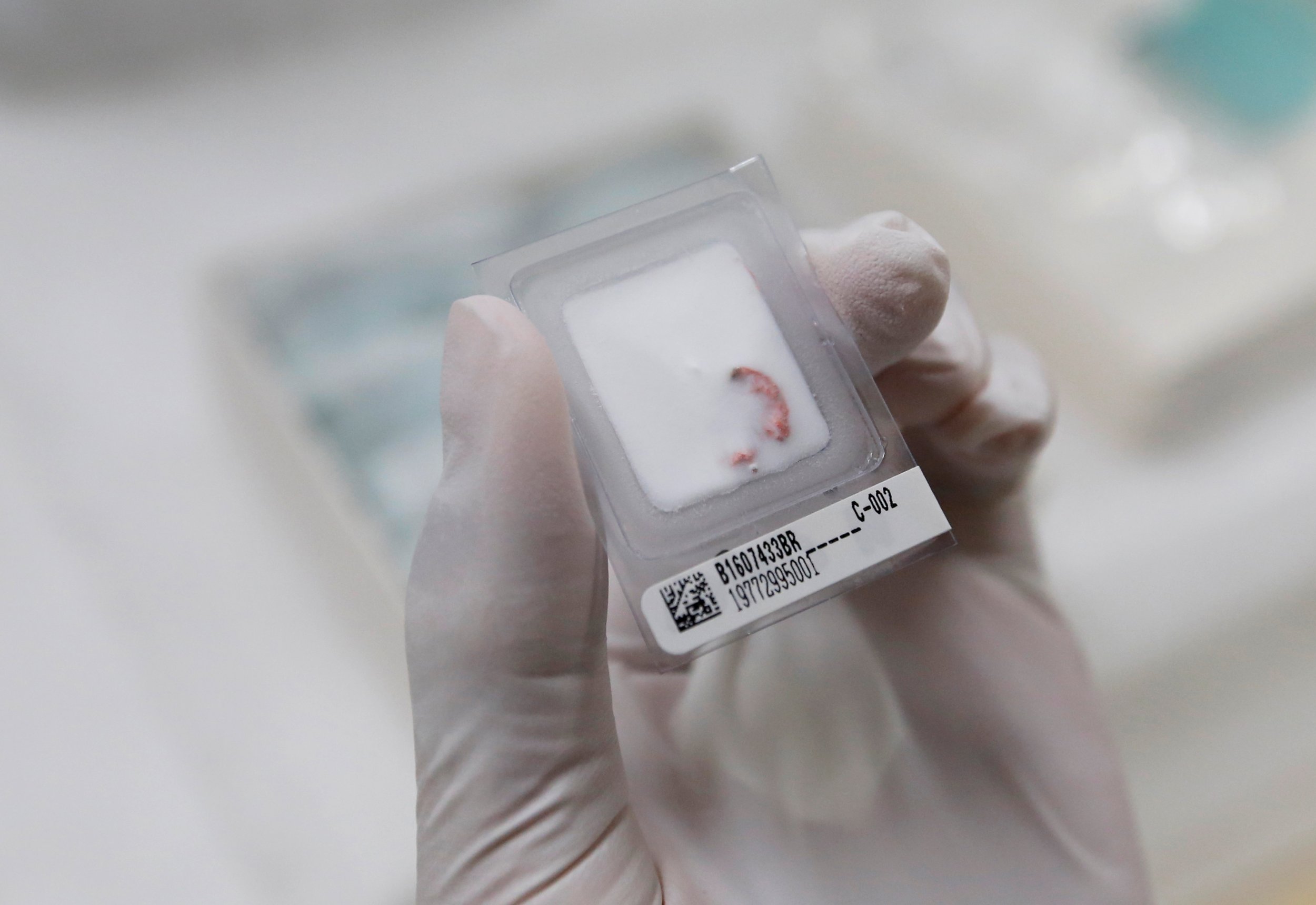
Scientists in Australia have published details of a revolutionary new cancer treatment, which could fight the disease without causing the harmful side-effects of radiation.
In a study published in Nature on Wednesday, scientists from the Walter and Eliza Hall Institute detailed anti-cancer drugs that will halt tumor growth by putting the cancer cells, and only the cancer cells, to sleep permanently.
Many current cancer treatments cause debilitating side-effects. According to the National Cancer Institute, radiation can damage not only cancer cells but the healthy cells nearby. Other deleterious effects can include hair loss, nausea, fatigue, and changes to the skin. Treatments can even cause other cancers to develop.
Instead of killing the cancerous cells, as radiation does, the scientists set out to treat the disease by inhibiting proteins that are known to drive it. These proteins are called KAT6A and KAT6B. On the list of genes that are most commonly amplified during cancer, KAT6A is number 12.
"Early on, we discovered that genetically depleting KAT6A quadrupled the life expectancy in animal models of blood cancers called lymphoma. Armed with the knowledge that KAT6A is an important driver of cancer, we began to look for ways of inhibiting the protein to treat cancer," Tim Thomas, an associate professor and one of the leaders of the study, said in a statement.
"This new class of compounds stops cancer cells dividing by switching off their ability to 'trigger' the start of the cell cycle," Anne Voss, another leader in the study, said in a statement. "The technical term is cell senescence. The cells are not dead, but they can no longer divide and proliferate. Without this ability, the cancer cells are effectively stopped in their tracks."
The team has already found that the treatment can be effective against blood and liver cancers. It can also potentially be used to prevent relapses in patients after their first treatment.
The scientists hope that they can move to human clinical trials, beginning the unsure years-long process of turning the science into a usable treatement option.
Uncommon Knowledge
Newsweek is committed to challenging conventional wisdom and finding connections in the search for common ground.
Newsweek is committed to challenging conventional wisdom and finding connections in the search for common ground.
About the writer
To read how Newsweek uses AI as a newsroom tool, Click here.








